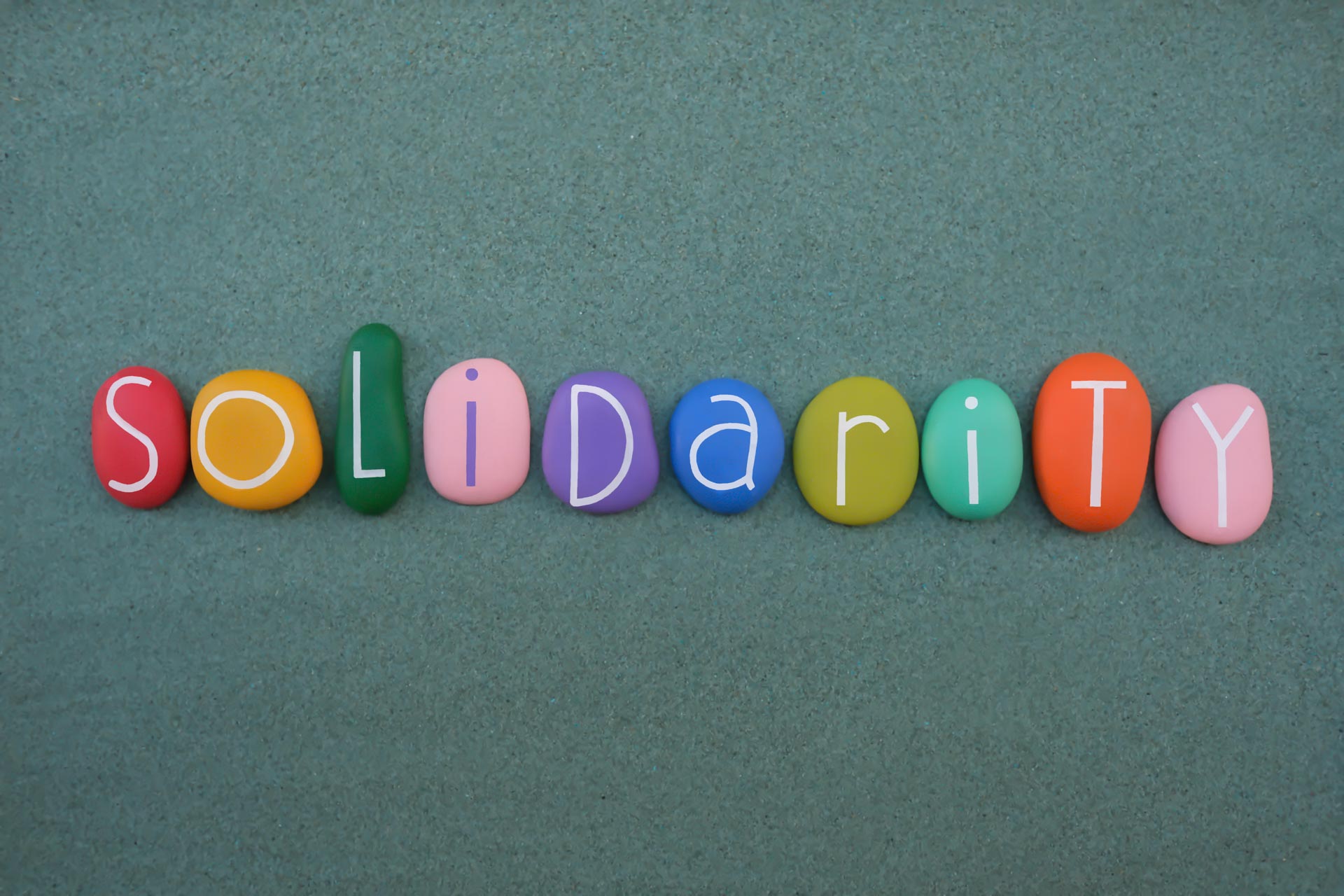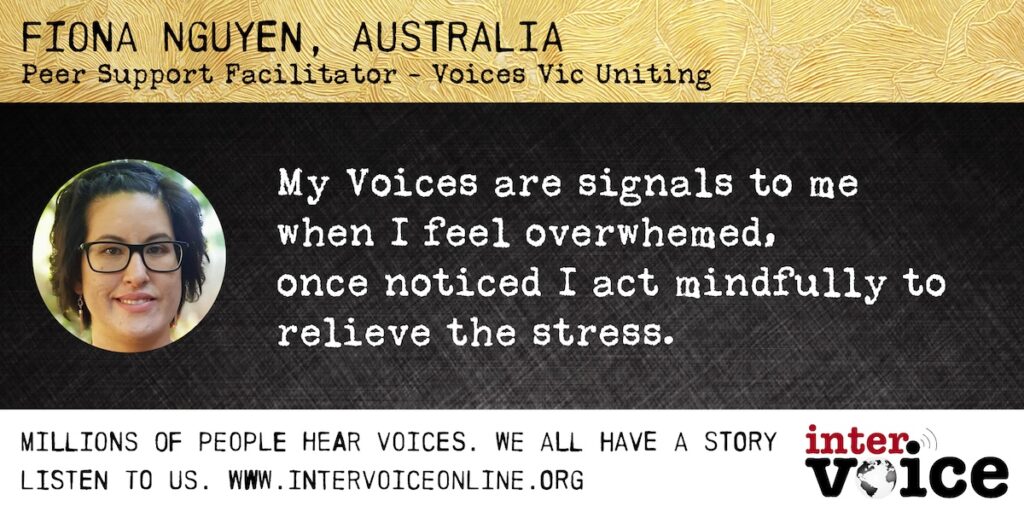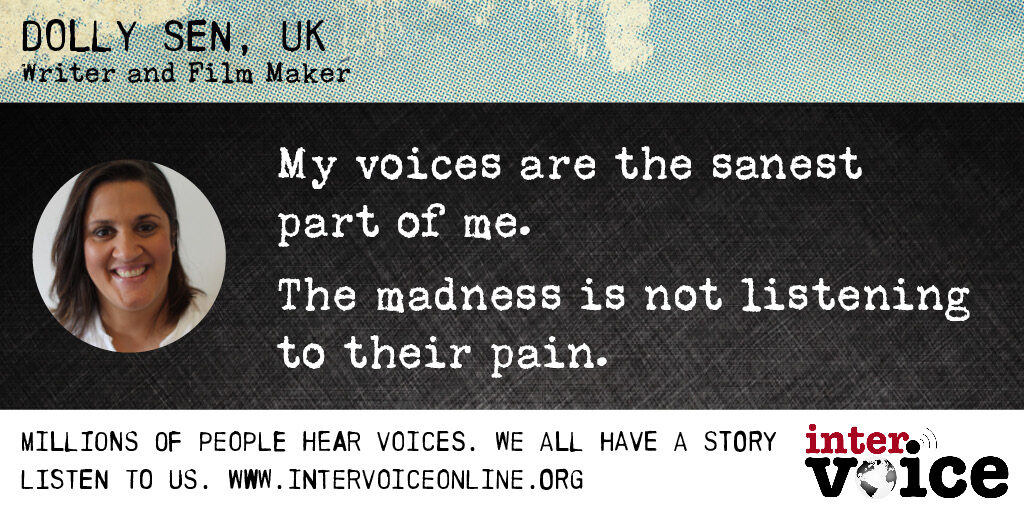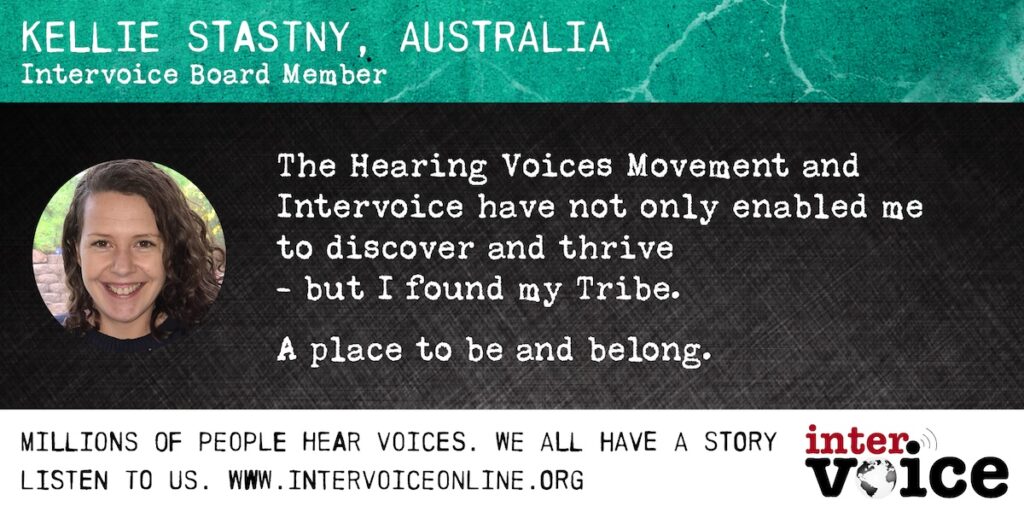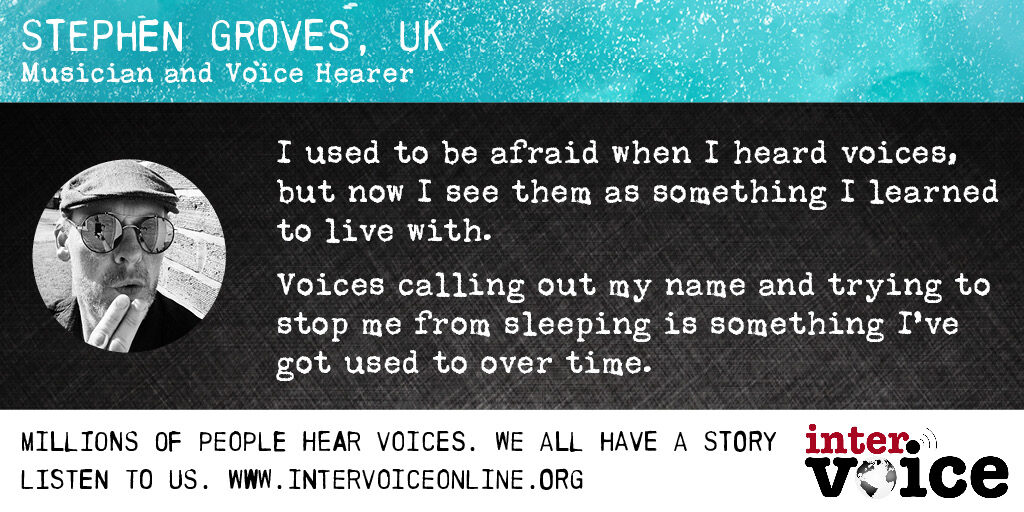It’s not the end of the world
Our information for parents and carers intended to help you to develop new and more empowering ways of thinking about your child’s experiences and to help you find ways to assist your child.
Written by Dr. Sandra Escher is from the Netherlands, an expert on the issue of children who hear voices, shed has spent the last fifteen years talking to children who hear voices and to their parents and carers. Sandra has carried out the most detailed and thorough research into the phenomenon in the world to date. In this article she offers a new perspective on what the voices may represent and how you can help your child cope if they are hearing voices.
Why we have written this information leaflet
We have written this information leaflet for parents and carers in the hope that it will enable you to develop a new and more empowering way of thinking about the your child’s experiences and that it will help you in finding ways to assist your child in their emotional development and recovery from hearing overwhelming voices.
Unfortunately, there is very little practical advice available about children who hear voices that addresses your needs as parents and family members, this is a shame because you are the most important form of support to your child. So, we wanted you to know that there are some simple common sense things that you can do to help your child. We hope you will find the information helpful.
Introduction
First things first, From the research that we have carried out into the experience of adults and children who hear voices it has became apparent that:
- To hear voices is in itself is a normal though unusual experience
- However, it is possible that you can become ill as a result of hearing voices when you cannot cope with them
- For most children (60%) the voices will disappear over time as the child develops and as they learn to cope with the life’s problems (and the emotions and feelings involved with these problems) that led to the voices starting in the first place
How do most parents react when their child talks about hearing voices?
When you find out that your child hears voices it can be devastating. Some parents have said it “felt like my whole world had collapsed.” This reaction is understandable, for as parents we are naturally very protective of our children and do not want to see them distressed, hurt or confused. However, there is a crucial question that needs to be asked about why we react in this way when we discover a child is hearing voices.
Our reactions are based on information we have picked up about the meaning of hearing voices. Mostly these are based on assumptions held by society, especially the widely held belief that to hear voices is the same as the mental illness “schizophrenia”.
The good news is that this belief is not correct. Whilst it is the case that hearing voices is apparent in about 60% of the persons who have been diagnosed with schizophrenia. It is not the other way around! If you hear voices that does not mean you have schizophrenia.
There is an even more important issue that you may not be aware of: hearing voices in itself is normal – but – it is possible to become ill from hearing voices if you cannot cope with them. This means that it is coping with hearing voices that is the problem and not the voices in themselves.
Normal” children and adults hear voices
This little known fact is based on a lot of research. Several large scale population (epidemiological) studies have shown that about 4 % of the population hears voices. Of these 4% of the people who hear voices about 30% seek assistance from mental health services. Amongst children however, even more of the “normal” population hears voices (8%) and as with adults about 30% are referred to mental health services.
What this means is that there are apparently many more people who hear voices who do not require the support of mental health services then those that do. This is because they can cope with the voices and function well in in their everyday lives.
Unfortunately, most of the information that we have about the experience of hearing voices comes exclusively from research with patients; people who obviously cannot cope with the voices and needed help. These are people who feel that the voices made them feel powerless and who were overwhelmed by them. This is the case for research for adults and children who are hearing voices. However, in other articles on this site you can find out more about people who can cope with their voices or even have positive experiences.
Hearing voices and traumatic experiences
In our research we found that a common theme in both groups (adults and children) is the high percentage of traumatic experiences that have been found to have been the trigger for hearing voices. In adults around 75% began to hear voices in relationship to a trauma or situation that made them feel powerless.
Examples of the kinds of traumas that trigger voices include the death of a loved one, divorce, losing a job, failing an exam, but also longer lasting situations like being physically, emotionally or sexually abused. With children the percentage was even higher at 85%, with some traumas specifically related to childhood. These traumas might include being bullied by peers or teachers, or being unable to perform at a certain level at school, another commonly reported traumatic incident related to hearing voices is being admitted to a hospital for long periods because of a physical illness.
I would say that hearing voices is mostly a reaction to a situation or a problem the child or young person cannot cope with.
It is a signal.
Voices as messengers
Another striking finding is that what the voices say often gives an indication of the problem that the child has.
An example:
The voices told an 8-year-old boy to blind himself. This frightened his mother. But when we discussed whether there was something in the life of the boy he could not face, she understood the voices message. The boy could not cope with the problematic marriage of his parents. He did not want to see it.
What we saw in our research is that if attention was given to the problems the child was facing, they will be able to establish a more constructive kind of relationship with the voices. As a result children become less afraid of their voices. When a child is able to consider the problems that are at the root of their distress and with the emotions and feelings involved, the voices stop being the child’s only focus of attention.
For many children voices disappear over time
Recently I conducted a 3-year follow up study on 80 children who heard voices who were aged between 8 and 19 years of age. Half of this group of children were receiving mental health care because of their voices, however, the other half were not in care at all. I interviewed the children 4 times at yearly intervals. At the end of the research period 60% of the children I interviewed reported that the voices had disappeared.
Of course figures and statistics like this do not directly relate to you. But the overall message is that the chance that the voice might disappear is quite high.
We saw that the children’s problems often stopped their development through the voice experience. However, if the problems were handled or their situation changed; for example because the child changed schools, the voices disappeared.
The voices may stay but children can cope with them
It is important that we appreciate that the the desire to make the voices disappear is a goal of the mental health care services and not necessarily that of the children themselves. There are some children who did not want to lose their voices. This is OK, for the most important thing is that the voices no longer remain at the centre of their attention. This is because as the relationship with the voices changed and became more positive, instead of hindering the child the voices start to take on an advisory role. If children find within themselves the resources to cope with their voices and the emotions involved with hearing them then they can lead happy and balanced lives.
Supporting your child
The most important element in the process of positively changing your child’s relationship with their voice is the support they got from the family. Unfortunately, our research has shown that being in the mental health care system had no positive effect on the voices, although we did find that being referred to a psychotherapist who accepted the reality of the voices and were prepared to discuss their meaning with the child did have a positive influence on how the child coped with their voices.
We also saw that “normalising” the experience can help parents to deal with the voices – try not to think of it as a terrible disaster, but as a signal for something that is troubling your child and that can be resolved. On the other hand, if parents cannot accept that voice hearing in itself is normal, but believe the voices to be an illness and are afraid of the voices, then the child naturally picks up this feeling. Imagine for a moment if you were the child and were afraid of the voices and when you looked for support from your Mum and Dad you found that they were even even more afraid of the voices then you were. This would obviously put you under great pressure and probably mean that you would become reluctant about talking about your experiences at all.
There is a second problem,at if you are afraid of the voices then you can become obsessed with the fear of the voices alone and not what the voices mean. When you are distressed and anxious you cannot listen very well to the story your child tells about their experiences and may fail to pick up on the related problems and emotions that the voices represent.
In our experience what helps children the most is a systematic approach to understanding the voices. So to help we have developed an interview to help map the experience. This can be used as a way to understand the stress the child is under and then to work together to find solutions for the problems raised by the voice hearing experience..
More information
This information is just a brief introduction to a new way of thinking about children who hear voices that might help you to face the problems you have. If you want more information about the research, about the elements of the therapy that helped the children or you want a copy of the interview form we used to in our research to help you with your child please let us know.
Download your copy here: Maastricht Interview for children
Sandra Escher, MPhil, PhD.


